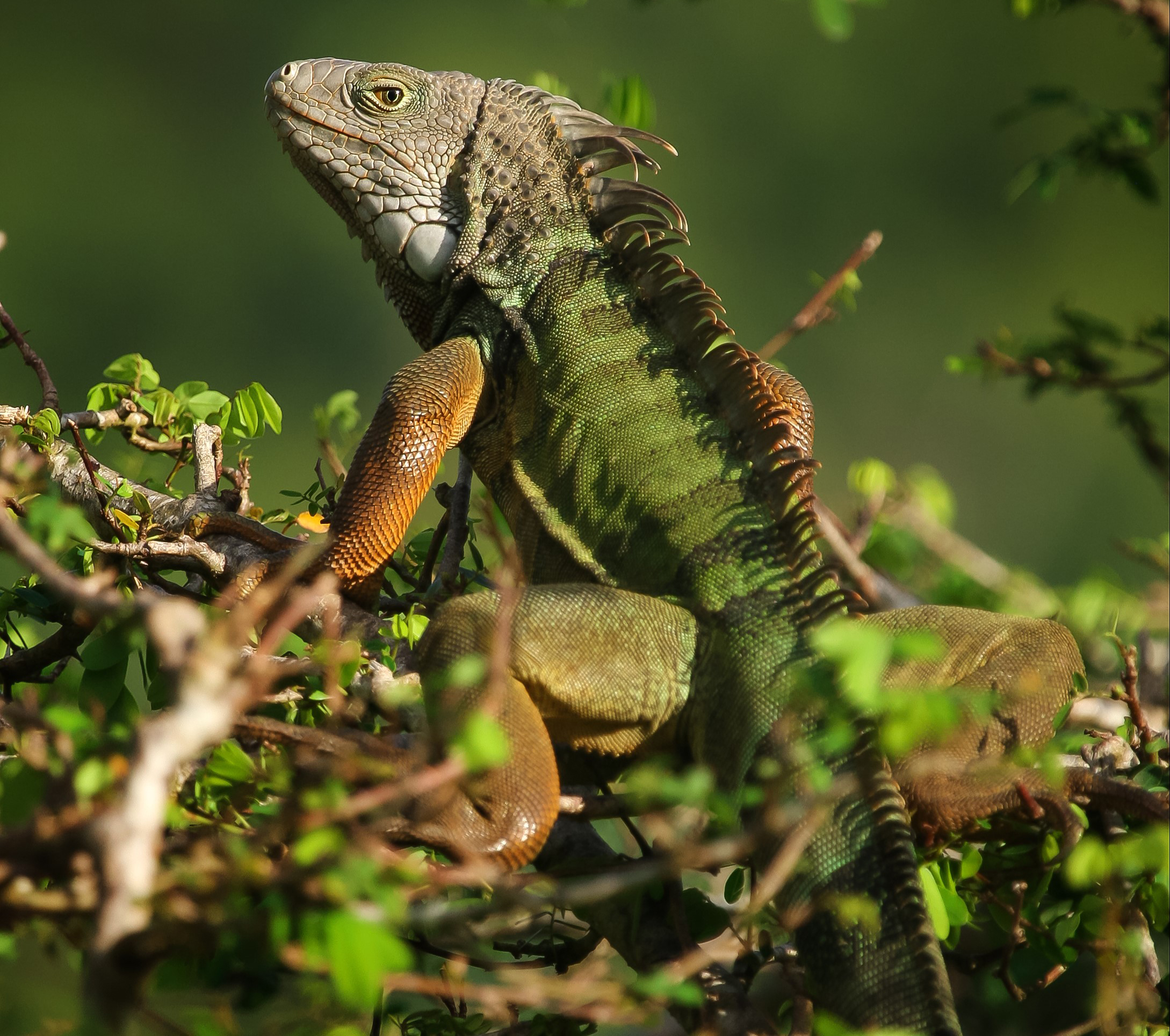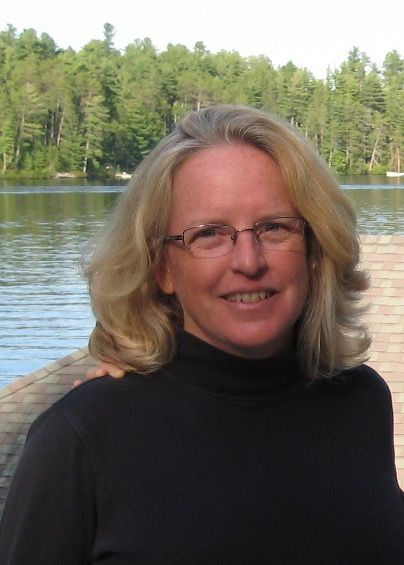
The green iguana is a common exotic pet that originates from Central and South America and has been released into the wild in the U.S. Photo: Matthew Sileo.
Julie Lockwood, chair and professor in the Department of Ecology, Evolution, and Natural Resources, was elected a 2020 fellow of the Ecological Society of America (ESA). The society’s fellowship program recognizes the many ways in which its members contribute to ecological research and discovery, communication, education and pedagogy, and management and policy.

Prof. Julie Lockwood, Department of Ecology, Evolution, and Natural Resources.
Lockwood’s research is helping to provide new clarity on how and why the exotic pet trade has become the primary venue by which reptiles and amphibians arrive in non-native lands, the first step to becoming ecologically damaging invaders.
The scope and impact of Lockwood’s research portfolio is captured in this introduction by professor of food science and, at the time, Dean of Academic Programs at the School of Environmental and Biological Sciences, Rick Ludescher, when he presented her with the 2018 Research Excellence Award from the school and NJAES.
“Lockwood is fascinated by invasive species; she may even like invasive species. Or some of them anyway. She has studied them to the point that she is now one of the world’s leaders in her field of invasive species ecology. She has over 100 peer-reviewed publications and is currently the most-cited female scientist in her field in the world. But her work is not merely academic, not merely pedantic, not merely scientific. Since invasive species can have enormous socio-economic consequences, her work has direct and important implications for public policy and behavior.”
According to the ESA, “fellows are members who have made outstanding contributions to a wide range of fields served by ESA, including, but not restricted to, those that advance or apply ecological knowledge in academics, government, non-profit organizations, and the broader society. They are elected for life.”
ESA established its fellows program in 2012 with the goal of honoring its members and supporting their competitiveness and advancement to leadership positions in the Society, at their institutions, and in broader society.

